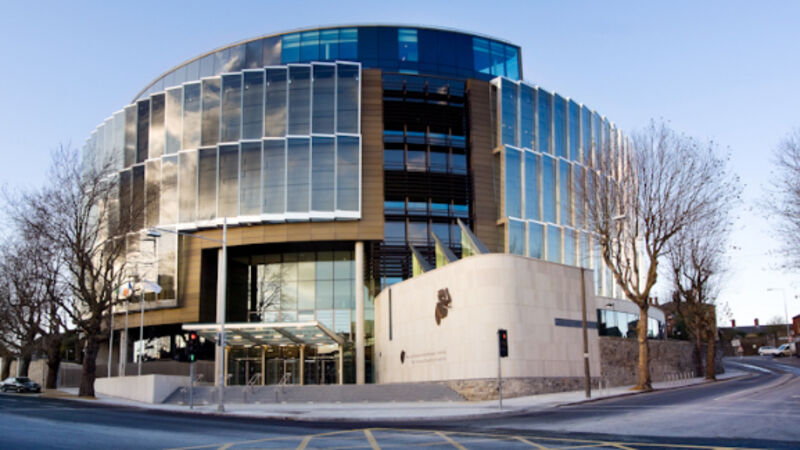Former solicitor found guilty on all charges

Former solicitor Thomas Byrne has been convicted of stealing €52m from the banks and defrauding 13 clients out of their houses or money.
The jury returned guilty verdicts on all 50 charges of theft, forgery and deception today after deliberating for 17 and half hours over the course of six days.













